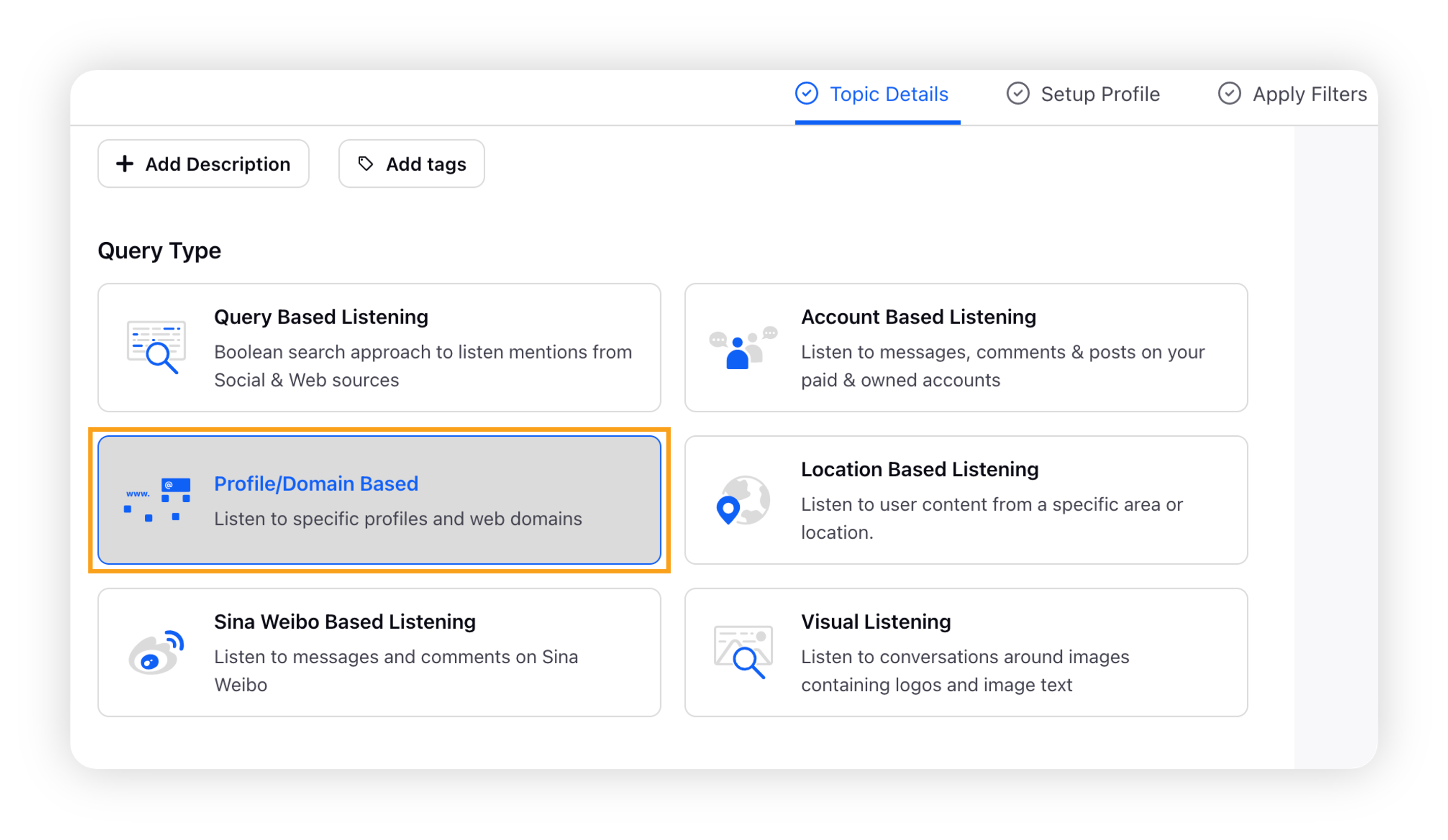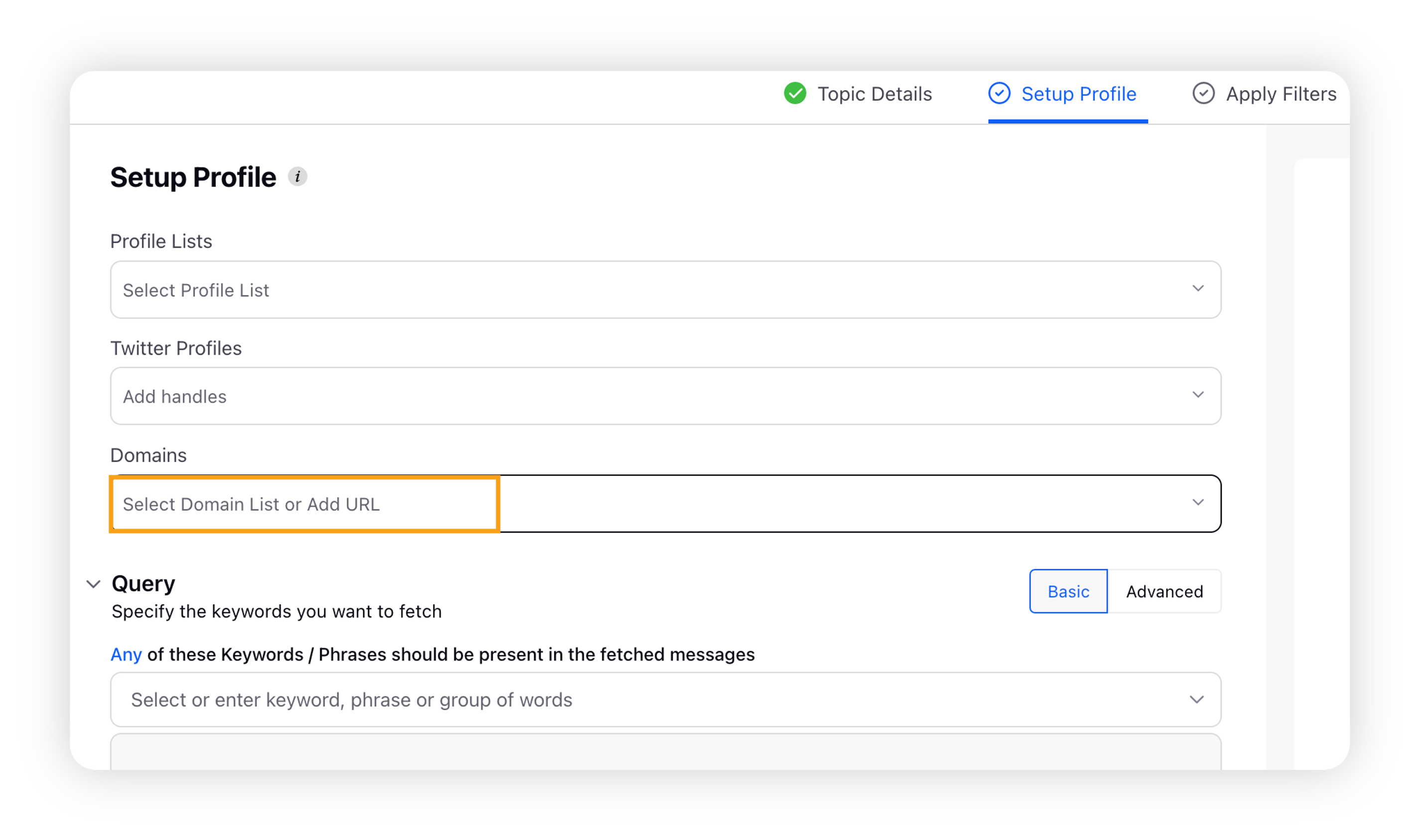Quora as a Listening source
Updated
By adding Quora as a Listening source, you can listen to and learn from Quora data in real-time.
Quora is a question-and-answer platform that allows users to ask and answer questions about anything. It has a community of over 150 million people actively participating in discussions.
Sprinklr supports Quora as one of its multiple Listening sources. Quora is one of the leading question-and-answer sites. Available as a firehose stream, Quora integration will enable the research community to leverage in-depth, expertly written content on a wide variety of companies, issues, and products via a comprehensive, continuously updated set of data streams.
Quora's rich content metadata containing questions, answers, comments, engagement, and viewership info, and author-level metadata coupled with compliance events will enable users to get maximum output from this newly integrated listening source.
Quora in Sprinklr Insights as a source offers –
Entire Historical data after 2009 along with Backfill capabilities.
Firehose Stream – Real-time access to entire Content (questions, answers, comments), Engagement (viewership, comments & share count, upvote score), Compliance, Topics, and Author Streams.
Quora source capabilities
Source: Quora
Source of data: Full Firehose. All public question, answer and comments are available
Coverage: Both Public & Private owned accounts data are available
Latency: Near real-time
Historical data: After 2009
Backfill support: Yes
Engagement stats refresh rate: Refreshed every 2 hours only for 7 days.
Author/ Profile metadata details
Earned – No
Id, User Name, Profile Image URL, Userbio, description, reach count, follower count, author location (Till May 2022)
Profile URL is not available
Location metadata, only if mentioned
Other metadata present on native are not supported in the API
Owned – Yes
AI-enriched data: Sentiment, Emotions, Language, Word cloud, Topic Cluster, Age (profile), Gender (profile), Smart Themes Clustering, Smart Insights
Message type: Quora Question, Quora answer, Quora comment
Media type: Question, Comment, Link, Answer
Quora data entities in Social Listening
To fetch data from Quora
At Sprinklr, you can listen from Quora in two different routes –
Fetching via Keyword Query route
In order to fetch data from Quora, you need to create a topic with Quora as its source.
While creating or editing your topic, click the Apply Filters tab, and select Quora as one of the Social Channels.
You can also select Source: Quora from the Dashboard/ Widget filter.
Domain-based Topic
In order to fetch data from Quora, you need to create a Domain-based Topic with Quora as its source.

You can add the domains/domain list in the Setup Profile section of Topic builder.

While creating or editing your topic, click the Apply Filters tab, and select Quora as one of the Social Channels.
You can also select Source: Quora from the Dashboard/ Widget filter.
Limitations
Profile-level Engagement Stats are not available.
Profile Posts are not supported; Only Questions, Answers, and Comments are supported.
Any Author Level, Location level metadata is not available for Quora Questions message type.
For quora questions we get post followers count, quora answer & view count.
Gender is AI enriched and may not be 100% accurate.
SenderProfileLink is not provided by Quora API (valid for every player in market).
Distinct user is not accurate as we do not get Author data for Quora Questions.
Location metadata is available if Author has mentioned it in author level description and is available only for Comments and Answers.
To backfill data from Quora
Once the topic is created/ updated, you can backfill the topic going far back to 2009.
To know more about how to backfill data, refer to – Listening Backfill for Topics.
Support for Quora compliance events
As a part of the compliance stream, if any question, answer, or comment is deleted from the native Quora Platform, then the deleted data will be removed from the partner databases as well.
Everyday Quora merges many questions and removes answers or comments, as a result of which mentions count may vary for a particular duration.